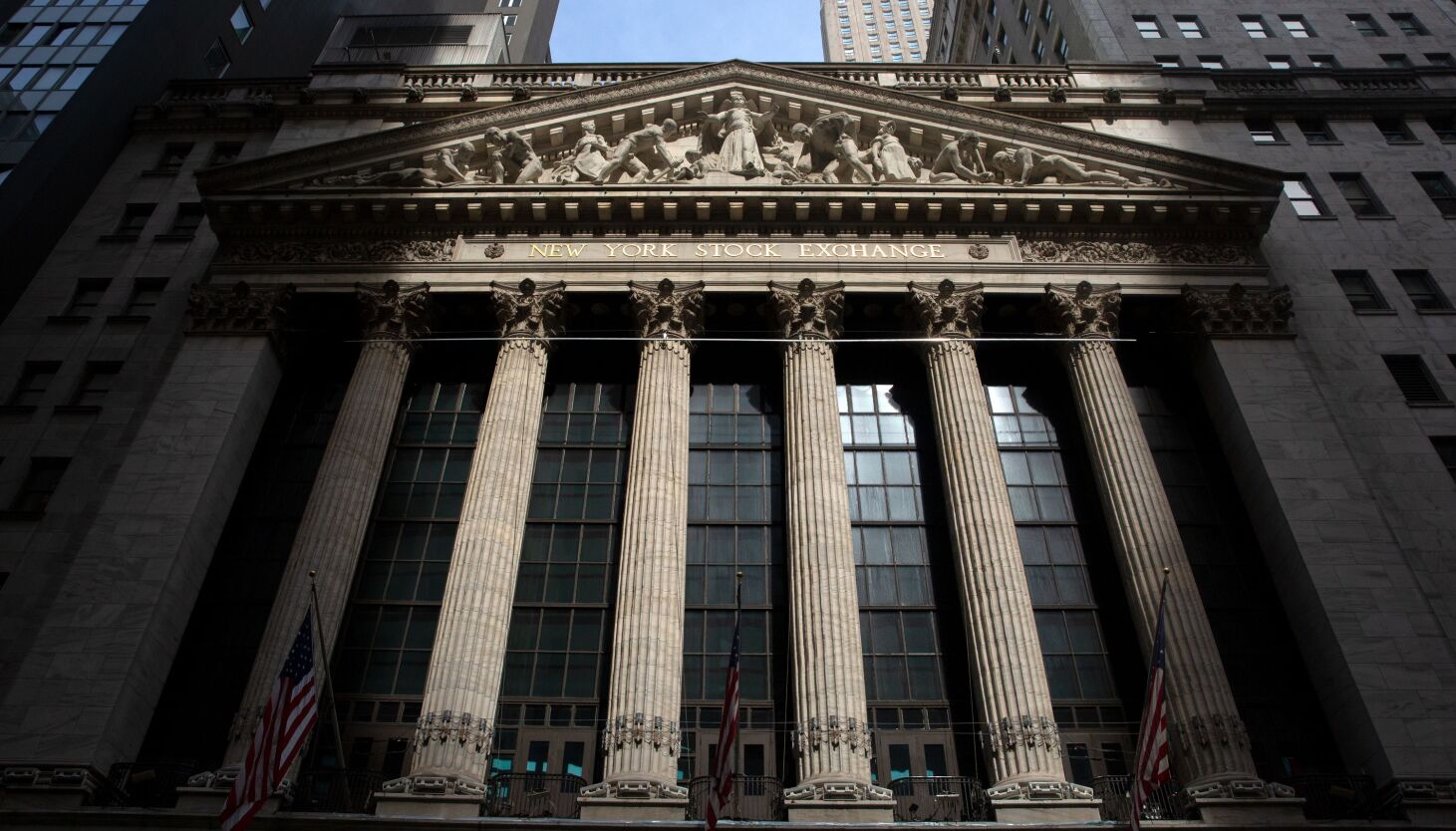The headlines about Wall Street this year have painted a dire picture.
“New York firms lose $1 trillion in Wall Street business as firms flee the city,” screamed a New York Post headline in August.
“Citigroup CEO sets sweeping management changes, job cuts,” reported Reuters the next month.
But in fact, the securities industry is doing surprisingly well on all the metrics that matter most to New York, according to the annual comprehensive look released Thursday by state comptroller Thomas DiNapoli.
Finance jobs in New York City — including those working remotely but assigned to a New York City office — exceeded 190,000 in 2022, the highest total since 2001. The comptroller forecasts another increase of 4,300 this year.
Profits remain strong by historical standards, if well below the record level set during the pandemic. Wall Street is likely to end the year with earnings of about $25 billion. While less than half the almost $60 billion for 2021, the figure is in line with the profits achieved in the three years before the pandemic.
The industry and its high-paid employees continue to be a crucial source of tax revenue for the state, forking over almost $29 billion in the last fiscal year — one in every four dollars collected.
“There is tremendous resilience in the security industry in New York,” said DiNapoli. “The record profit years are behind us but the return to normalcy in terms of profits shows there is sustainability to this industry.”
Wall Street, which the comptroller defines as the brokerage and trading operations of firms belonging to the New York Stock Exchange, remains the city’s most important business sector even if the growth of other high-paying industries like tech, film and TV production, and higher education have diversified the economy. It accounted for 16% of all economic activity last year, according to the report, and 27% of all state tax revenue in the last fiscal year, a record. (The city at 8% of revenue is less reliant than the state on the industry because it gets more from the property tax than the income tax.)
While lower profits mean slightly lower salaries and bonuses, pay continues to be extraordinarily high. Average pay in 2022 was $497,420, the second-highest on record. It is twice as high as web search portals, the next highest-paying sector, and five times the average in the rest of the private sector.
One key reason for the growth is the growing importance of jobs managing other people’s money. The number of people in that part of the profession has increased steadily since 2000, with up to 50,000 new jobs, said economist James Parrott of the Center for New York City Affairs at the New School.
These jobs are not dependent on the boom-and-bust cycle that affects other parts of the industry and could provide more stability for the securities industry in the future.
To be sure, Wall Street and New York face both short and long-term hurdles.
Rising interest rates have raised costs dramatically for the firms, which borrow billions of dollars to run their businesses. In the first half of 2023, interest expense soared to $100 billion from $12 billion, cutting into profits. With interest rates remaining high, firms might decide they need to cut jobs aggressively when they do year-end budgeting for 2024.
And while jobs are edging up in New York, securities firms are expanding more aggressively elsewhere in the country. New York State’s share of industry jobs has declined to 18.1% this year from about one-third in 1990.
Between 2019 and 2021, New York state’s securities jobs increased by 8,200 while Texas added 14,900 jobs, a 20% gain. Goldman Sachs has opened an office in Dallas that will be its second largest after New York.
“Love Wall Street or hate it, we need it here,” said DiNapoli.




